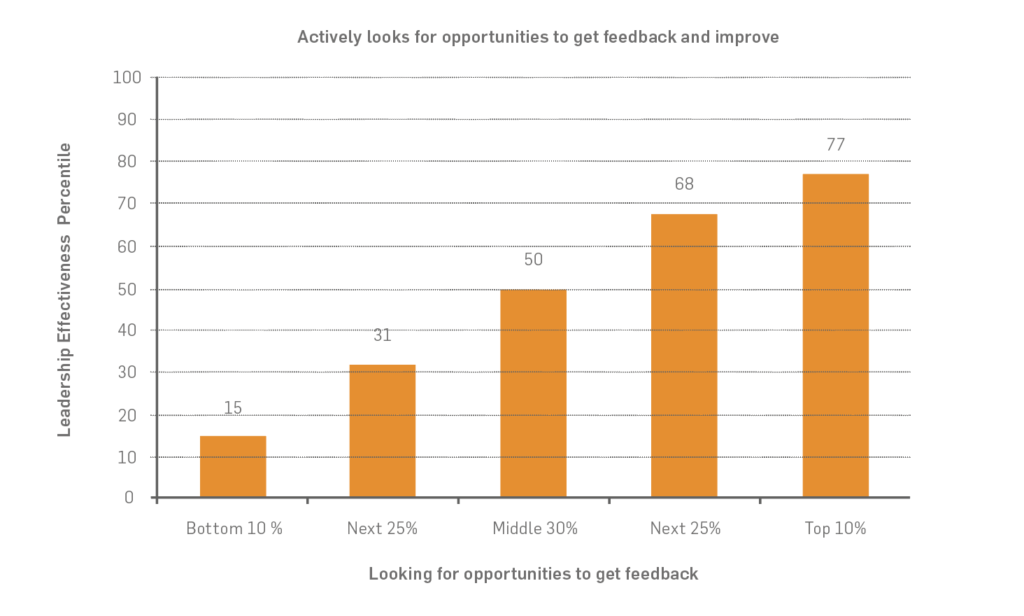
That is not a typo. Feedbacks, not feedback.
Working in a fast paced, dynamic team is hugely energising. Luckily lots of our team also don’t have an L&D background. The team come from the real world. They have worked in tough jobs, from battlefields to literally the schools of hard knocks. Working in a business devoted to high standards and continuous improvement creates a huge amount of energy. So whether it’s Chris’s dedication to getting everything shipped on time, Rosie’s proactivity in analysing our participant feedback and ensuring everything in the office is locked down, or Simon’s commitment to developing brilliant facilitators, this team loves to learn.
Last year we were joined by a creative marvel, Matteo. With a masters in graphic design he is a champion of refinement. Being Italian by birth he has helped me learn a few phrases and contributed to the joy in the office with his love of getting it perfect. So when working with Matteo he always asks us for something.
“Hey Jonna, how can we refine this? Do you have some small feedbacks?”
Feedbacks is brilliant. Small feedbacks are awesome. Not a “tough conversation”. No “critical feedback”. No “improvement points”. Matteo asks for what he wants.

“Do you have some small feedbacks that can help with refinement?” His artistic tone, level voice, patience and playful smile disarm me. He wants feedbacks, not feedback. Multiple small ideas for improvement. Zero sense of criticism. It’s also part of the process. This is not “even better if” after the event. This is live, during the process. How can we refine this now?
Matteo and I are developing a working partnership that drives the standard and execution higher and higher. We have a fraternal bond that is the essence of a great working rhythm. It is a delight to work with someone who asks.
The iconic Zenger and Folkman study on feedback shows a strong positive correlation between frequency of leaders asking for feedback, and positive perceptions of capability from their teams. Rather than seeking to give, the simplest thing we can do is ask, frequently.

And in my lexion I’m switching up. I’m going with Matteo. I’m switching from feedback to feedbacks. Join me. Feedbacks welcome.
